Earth
-
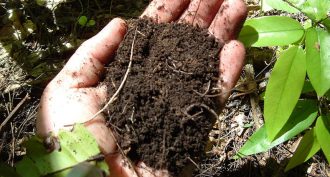 Earth
EarthThe dirt on soil
More than just dirt, soils teem with microbes essential for growing crops. Soils also help prevent floods and even play a role in climate change.
-
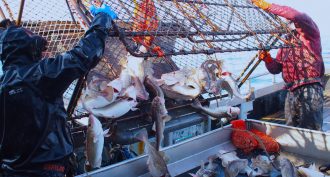 Environment
EnvironmentHumans are ‘superpredators’
A new study compares the hunting habits of wild animals and humans. People, it turns out, are unlike any other predator on Earth.
By Susan Milius -
 Environment
EnvironmentStuffy classrooms may lower test scores
New research links fresh air in classrooms to test scores. Elementary-school students in stuffy classrooms, it found, may perform worse on standardized tests.
-
 Health & Medicine
Health & MedicineCool Jobs: Finding foods for the future
What's for dinner... tomorrow? Scientists are developing new foods to meet the demands of the growing population in a changing world.
-
 Animals
AnimalsWeed killers may go from plant to pooch
Dogs love to roll around in the grass. But if there is weed killer around, it could end up on — and in — our furry pals.
-
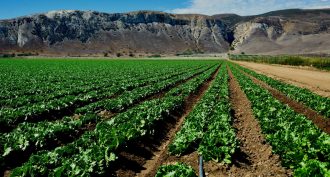 Agriculture
Agriculture‘Wildlife-free’ farms don’t make salads safer
Scientists find that removing wildlife from farms did not make raw vegetables safer to eat.
-
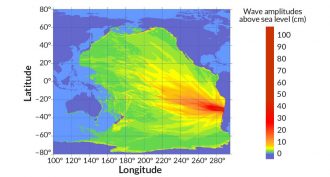 Earth
EarthQuake provides test for tsunami prediction
The 8.3-magnitude Chilean earthquake offered an unexpected chance to test a new way of predicting tsunami damage.
-
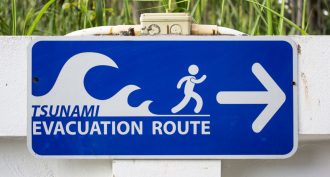 Oceans
OceansExplainer: What is a tsunami?
Earthquakes and landslides can create huge waves that travel across oceans.
-
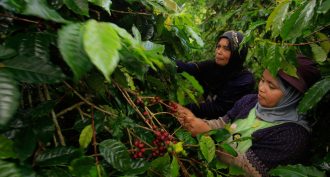 Agriculture
AgricultureMade in the shade
Agroforestry combines woody plants and agriculture. Growing trees alongside crops and livestock benefits wildlife, environment, climate — and farmers.
-
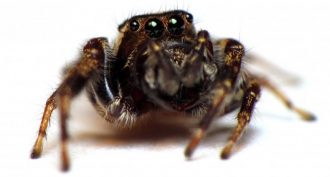 Environment
EnvironmentInsecticide can change a spider’s personality
A chemical meant to kill moths affects the behavior of some spiders. It alters the spiders’ ability to capture prey — including those moths.
-
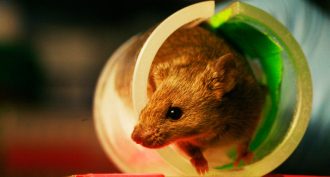 Environment
EnvironmentSome pollutants made mice less friendly
Hormone-interfering chemicals make mice less social and may also alter their weight, a study finds. That affected the animals’ confidence — and behavior.
By Tara Haelle -
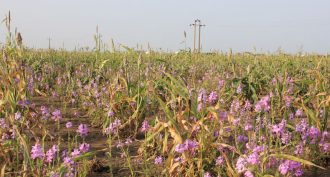 Plants
PlantsPlant ‘vampires’ lay in wait
A new study shows how some parasitic plants evolved the ability to sense a potential host — and then send out root-like structures to feed on them.